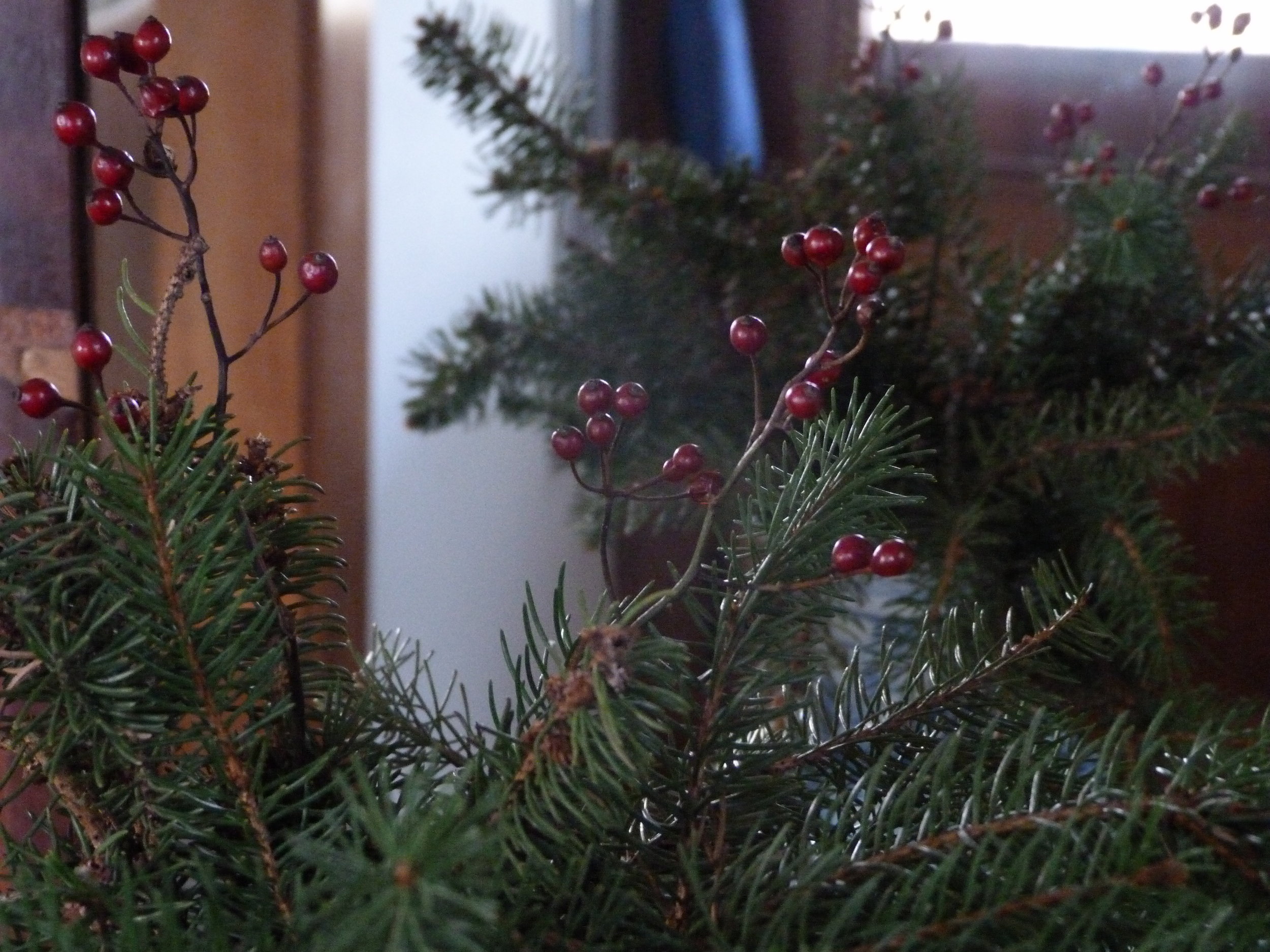 Last night, we participated in an online seminar offered to alumni of Middlebury College, led by Jonathon Isham, Professor of Economics and Co-Director of Middlebury's relatively new Center for Social Entrepreneurship. Jon Isham has become a colleague of ours over the last several years because of our mutual work with students in the areas of sustainability and youth engagement and because we are now living more of the time in Middlebury.
The subject of the seminar last night: What is Social Entrepreneurship?
Last night, we participated in an online seminar offered to alumni of Middlebury College, led by Jonathon Isham, Professor of Economics and Co-Director of Middlebury's relatively new Center for Social Entrepreneurship. Jon Isham has become a colleague of ours over the last several years because of our mutual work with students in the areas of sustainability and youth engagement and because we are now living more of the time in Middlebury.
The subject of the seminar last night: What is Social Entrepreneurship?
The drive of the social entrepreneur is to innovate, to connect to the market, and to be a systems changer. In the 21st century, solutions to our global problems will most likely come from collaboration across disciplines and among generations as well as across national boundaries. And now, a liberal arts education trends toward real work that matters where students passionately dedicate their growing knowledge, skills and ability to reflect, connect, analyze and engage. That is why college students are among the social entrepreneurship wave of the future.
Jon did a wonderful job of engaging participants in dialogue and learning, as well as sharing examples of students' exciting work all over the world. Several resources that Jon shared were of particular interest to us. One is an article by William Cronon, Frederick Jackson Turner Professor of History, Geography, and Environmental Studies at the University of Wisconsin-Madison. Jon drew parallels between the qualities of a social entrepreneur and a well educated graduate of the liberal arts. Below we list the 10 qualities that Cronon names because they are so well articulated. They are a good list of qualities for leaders and for all of us as we strive to answer the personal and collective question, what are we living for?
From http://www.williamcronon.net/writing/Cronon_Only_Connect.pdf
How do we recognize a liberally educated person...(or a social entrepreneur)?
1. They listen and they hear. ...they know how to pay attention—to others and to the world around them. They work hard to hear what other people say. They can follow an argument, track logical reasoning, detect illogic, hear the emotions that lie behind both the logic and the illogic, and ultimately empathize with the person who is feeling those emotions.
2. They read and they understand. ... there are so many ways of reading in our world. For example, educated people can appreciate not only the front page of the New York Times but also the arts section, the sports section, the business section, the science section, and the editorials...Skilled readers know how to read far more than just words. They are moved by what they see in a great art museum and what they hear in a concert hall. They recognize extraordinary athletic achievements; they are engaged by classic and contemporary works of theater and cinema; they find in television a valuable window on popular culture. When they wander through a forest or a wetland or a desert, they can identify the wildlife and interpret the lay of the land... They recognize fine craftsmanship... All of these are ways in which the eyes and the ears are attuned to the wonders that make up the human and the natural worlds...
3. They can talk with anyone. They can give a speech, ask thoughtful questions, and make people laugh. They can hold a conversation with a high school dropout or a Nobel laureate, a child or a nursing- home resident, a factory worker or a corporate president. Moreover, they participate in such conversations because they are genuinely interested in others.
4. They can write clearly and persuasively and movingly. Educated people know the craft of putting words on paper expressing what is in their minds and hearts so as to teach, persuade, and move the person who reads their words.
5. They can solve a wide variety of puzzles and problems. The ability to solve puzzles requires many skills, including a basic comfort with numbers, with computers...These are the skills of the analyst, the manager, the engineer, the critic: the ability to look at a complicated reality, break it into pieces, and figure out how it works in order to do practical things in the real world.
6. They respect rigor not so much for its own sake but as a way of seeking truth. They understand that knowledge serves values, and they strive to put these two—knowledge and values—into constant dialogue with each other.
7. They practice humility, tolerance, and self-criticism. They have the intellectual range and emotional generosity to step outside their own experiences and prejudices, thereby opening themselves to perspectives different from their own and celebrate the wider world: studying foreign languages, learning about the cultures of others...Without such encounters, we cannot learn how much people differ—and how much they have in common.
8. They understand how to get things done in the world. Learning how to get things done in the world in order to leave it a better place is surely one of the most practical and important lessons we can take from our education.
9. They nurture and empower the people around them. Nothing is more important in tempering the exercise of power and shaping right action than the recognition that no one ever acts alone. Liberally educated people understand that they belong to a community whose prosperity and well-being are crucial to their own, and they help that community flourish by making the success of others possible.
10. They followE.M.Forster’s injunction from Howards End:“Only connect...”
More than anything else, being an educated person means being able to see connections that allow one to make sense of the world and act within it in creative ways. Every one of the qualities I have described here—listening, reading, talking, writing, puzzle solving, truth seeking, seeing through other people’s eyes, leading, working in a community—is finally about connecting. A liberal education is about gaining the power and the wisdom, the generosity and the freedom to connect.
All our best wishes to all of you as we turn from November to December tomorrow and enter the land of winter. Stay warm, stay connected, and enjoy the weekend.
Louise and Ashley


